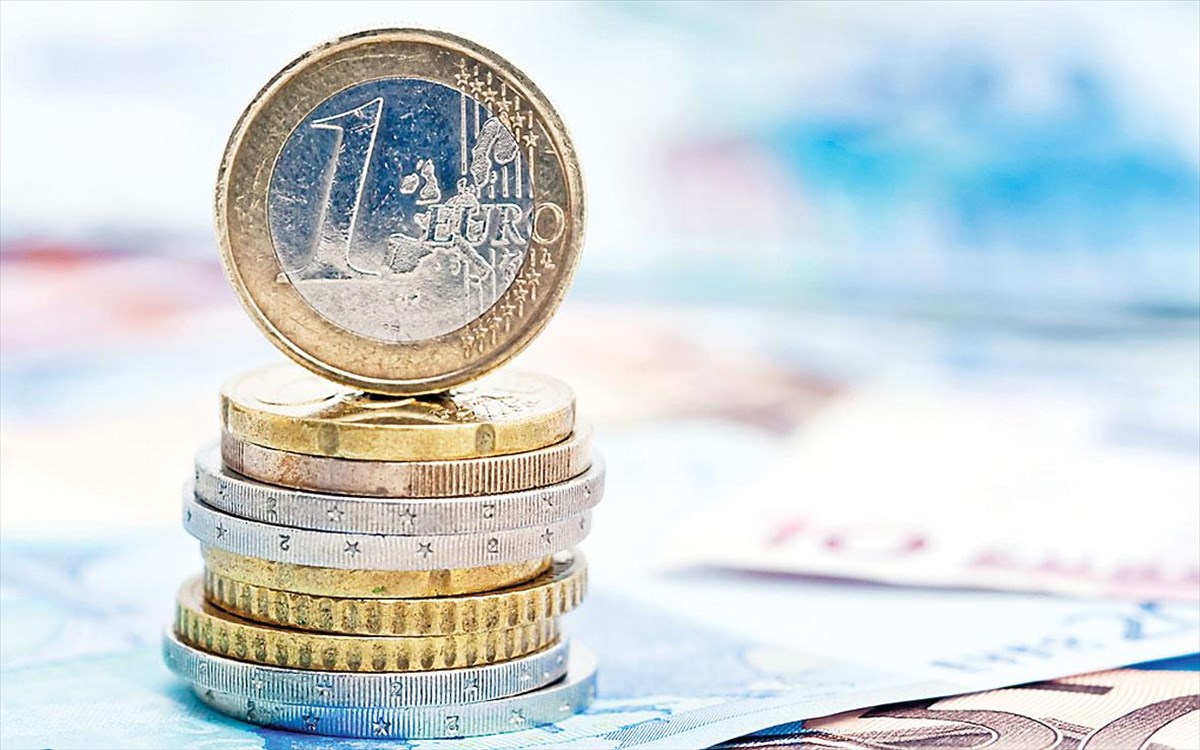
The Center for Planning and Economic Research (KEPE) “sees” an increase in Greek GDP by 2.2% for this year.
In particular, according to the updated forecasts of the factor model of the Center for Planning and Economic Research (KEPE), the average annual rate of change of the real Gross Domestic Product (GDP) of Greece for the year 2023 is predicted at 2.2%. This estimate is identical to the relevant forecast published by KEPE at the beginning of the year (2.2%), given that there were no developments in the interim that would reverse the positive course of most of the economic figures included in the forecast. According to the assessment, the Greek economy will remain on a stable growth trajectory throughout the year, with its growth rates having returned to levels that reflect the post-pandemic return to normality.
The overall favorable outlook for the Greek economy based on the course of the figures taken into account for the forecast is certainly faced with several challenges and uncertainties, in relation to the international environment and geopolitical developments, as well as in relation to the course of inflation and the related effects on household purchasing power, production costs and interest rates. On the other hand, a further reduction in uncertainty and a positive outcome regarding the recovery of investment grade for Greek government bonds, combined with the intensive implementation of investments and reforms in the Greek economy, could contribute to a more favorable development of the GDP of the Greek economy. framework of the Recovery and Resilience Fund and the new NSRF 2021-2027.
The first trimester
With reference to the data for the first quarter of 2023 for prices, the developments were indicative of a significant reduction in energy costs, as the Brent oil index showed a significant decline compared to the immediately preceding quarter, while the European harmonized index also continued to decline energy prices for Greece. At the same time, there was a gradual easing of inflationary pressures, which however concerned part and not all of the main categories of the consumer price index. In particular, a fall in prices or a slowdown in their rate of increase was observed in some categories, such as those significantly affected by energy prices (housing, transport), while high inflationary pressures continued to be recorded in basic consumer goods, such as food and beverages, the clothing and footwear and household durables and services.
The above developments seem to have overall resulted in a slight reduction in uncertainty in Greece, despite the fact that at this particular moment there was also the usual uncertainty surrounding pre-election periods. Indicative of such a retreat was the small drop in the yield of the ten-year Greek bond compared to the last quarter of 2022, as well as the notable reduction in the relative margin (spread) against the corresponding German bond. Regarding indicators reflecting expectations, developments in the first quarter of 2023, compared to the last quarter of the previous year, demonstrate an improvement in the economic climate in Greece and the EU, and a significant strengthening of business expectations in Greece in all categories (industry, retail and construction).
Latest News

DM Dendias: We talk With Turkey But We Always Bring Up Their Unacceptable Positions
Second and last day of closely watched conference, entitled 'Metapolitefsi 1974-2024: 50 Years of Greek Foreign Policy', also included appearances by PM Mitsotakis, Ex-PM Tsipras and PASOK leader Nikos Androulakis, among others

Rhodes Airport Tops Fraport Greece’s Regional Airports in 2024 Performance
According to Fraport's data, more than 35 million passengers (specifically 35.2 million) were handled by Fraport-managed airports during the 11 months.

European Central Bank Cuts Interest Rates by 25 Basis Points
It is the fourth cut of interest rates by Europe’s central bank, a move expected by the markets and financial analysts leading to the rate settling at 3%.

Airbnb: New Measures Add €600 in Extra Costs for Property Owners
Property managers face an immediate administrative fine of 5,000 euros if access to the inspected property is denied or any of the specified requirements are not met.

Economist: Greece Included in the Best Performing Economies in 2024
Meanwhile, Northern European countries disappoint, with sluggish performances from the United Kingdom and Germany.

EasyJet Expands Its Routes from Athens
The airline’s two new routes will be to London Luton and Alicante and they will commence in summer 2025.

Capital Link Forum Highlights Greece’s Economic Resurgence; Honors BoG Gov Stournaras
Capital Link Hellenic Leadership Award recipient, Bank of Greece Gov. Yannis Stournaras, an ex-FinMin, was lauded for his pivotal role during Greece’s economic recovery

Tourist Spending in Greece Up by 14%, Visa Card Analysis Shows
Greece’s capital Athens emerged as the most popular destination, recording a 17% increase in transactions with Visa cards, surpassing even the cosmopolitan island of Mykonos.

Inflation in Greece Unchanged at 2.4% in Nov. 2024
The general consumer price index (CPI) posted a 0.4% decrease in November compared to the previous month

2024 Christmas Holidays: Extended Shop Hours Schedule
The 2024 Christmas Holidays extended shop hours schedule commences on Thursday, December 12 and runs until the end of the year.


![Φυσικό αέριο: Δυναμικό come back του LNG στην Ελλάδα [γραφήματα]](https://www.ot.gr/wp-content/uploads/2023/01/OT_naturalgas-90x90.jpeg)












![Fraport: Πάνω από 35 εκατ. επιβάτες στα αεροδρόμια το 11μηνο – Πτώση στη Μύκονο [πίνακας]](https://www.ot.gr/wp-content/uploads/2022/06/fraport-90x90.jpg)

























 Αριθμός Πιστοποίησης Μ.Η.Τ.232433
Αριθμός Πιστοποίησης Μ.Η.Τ.232433